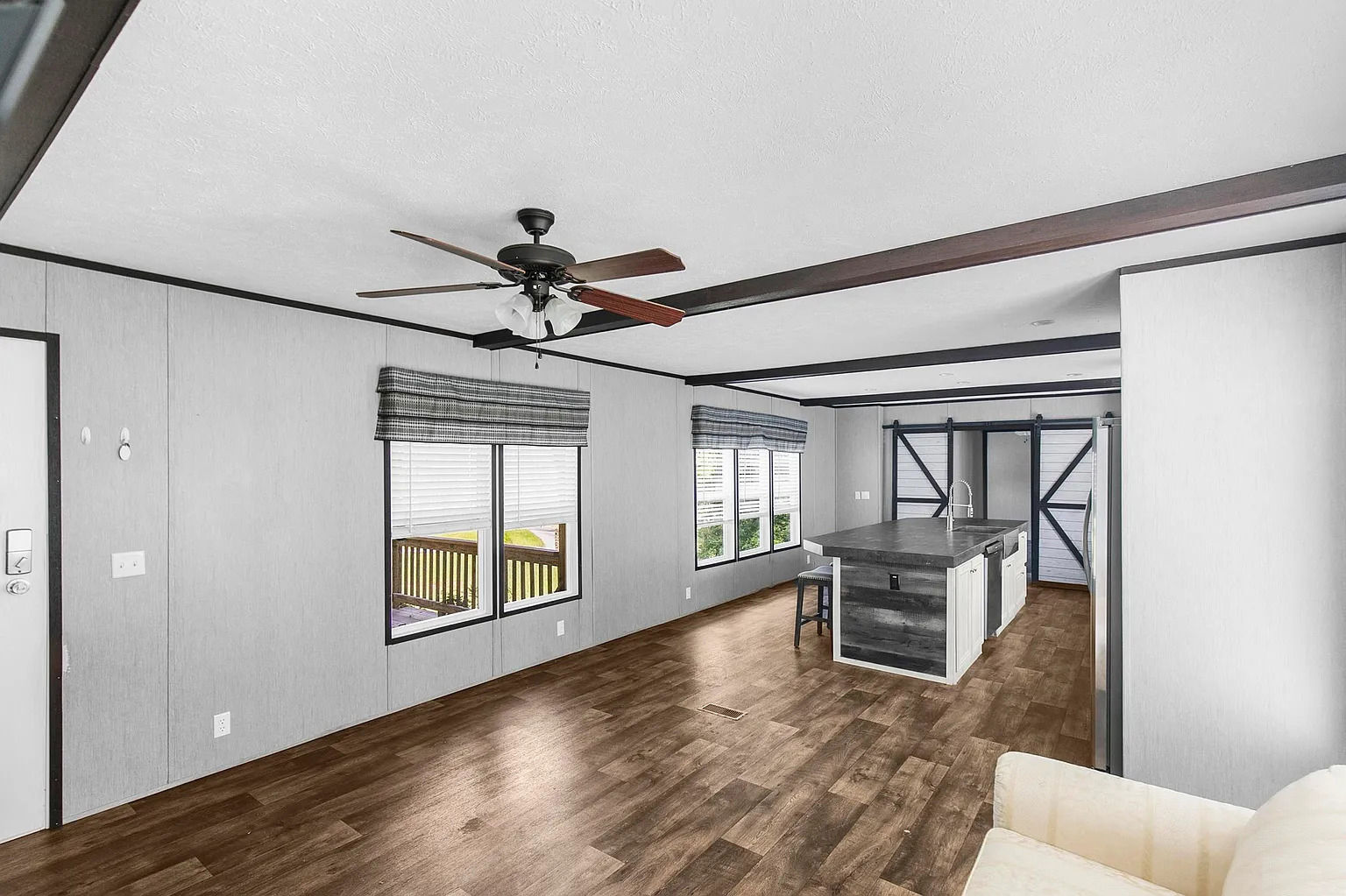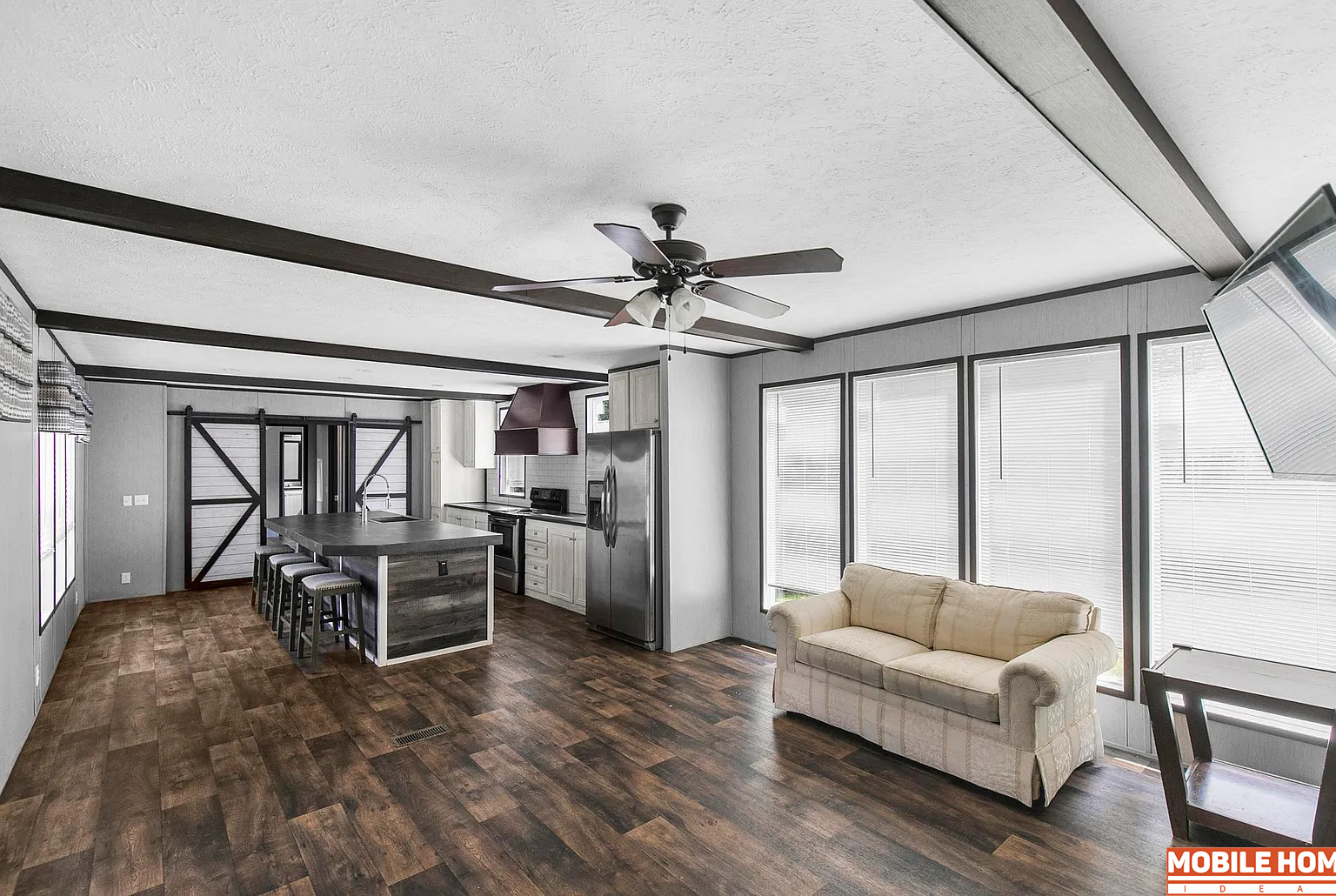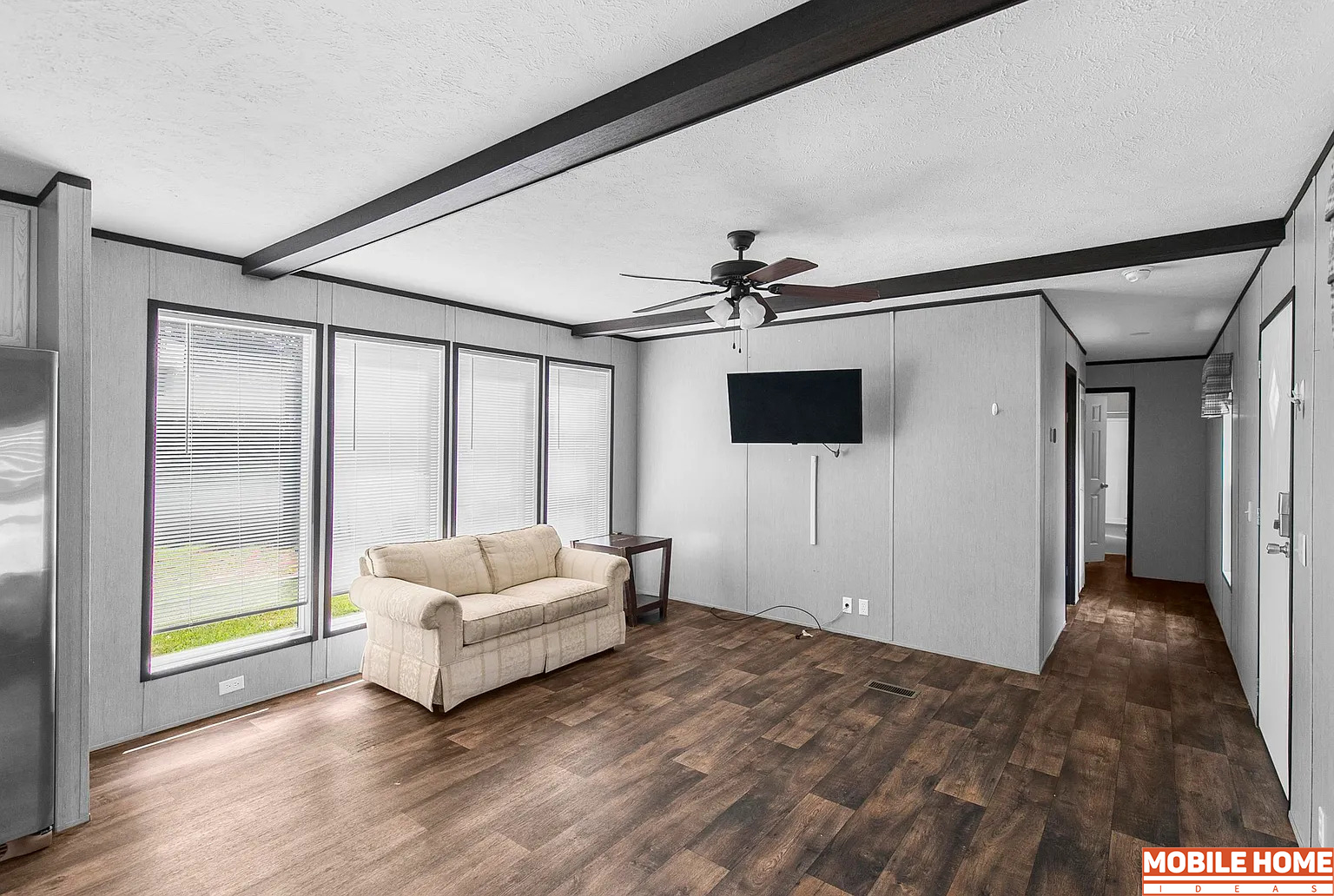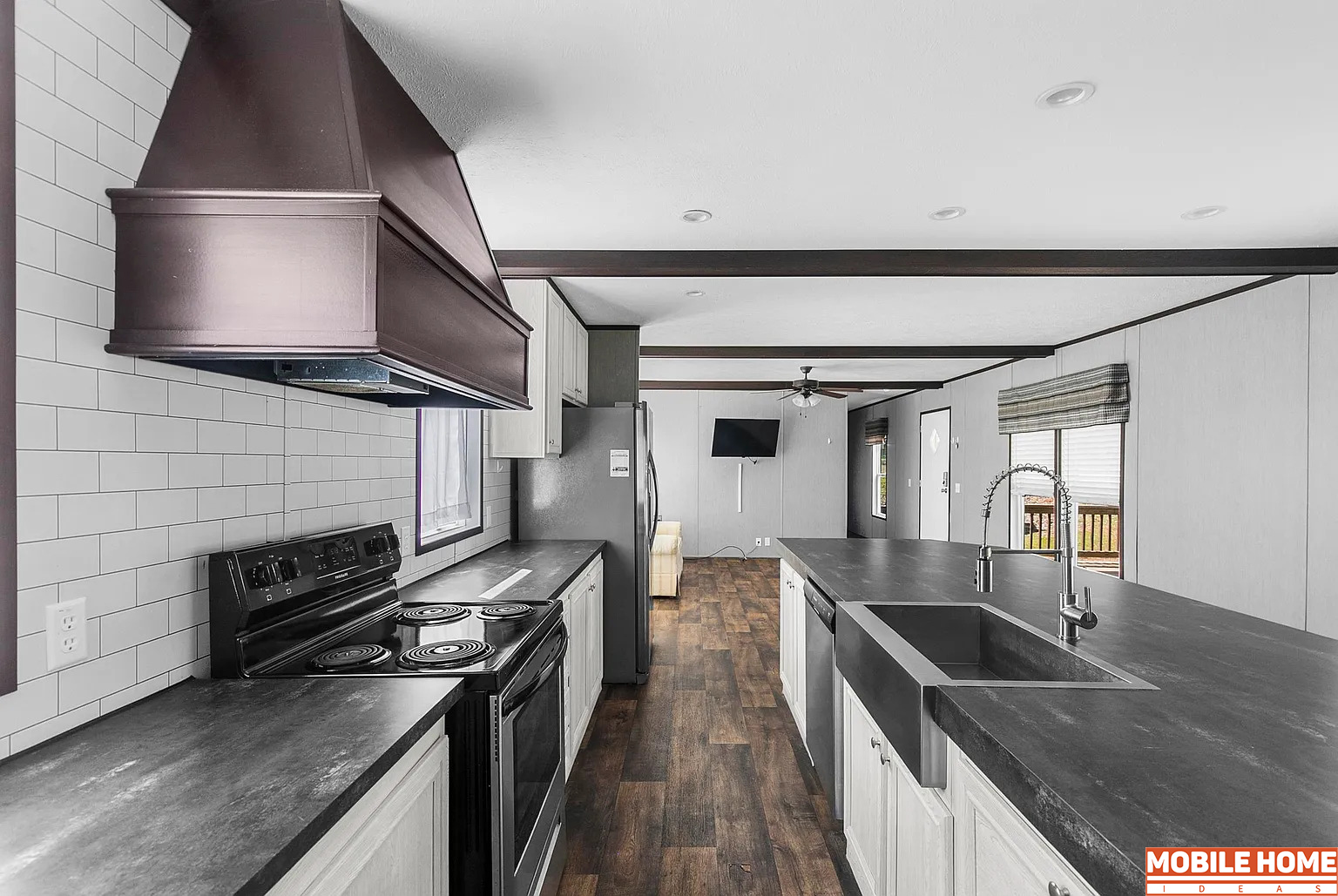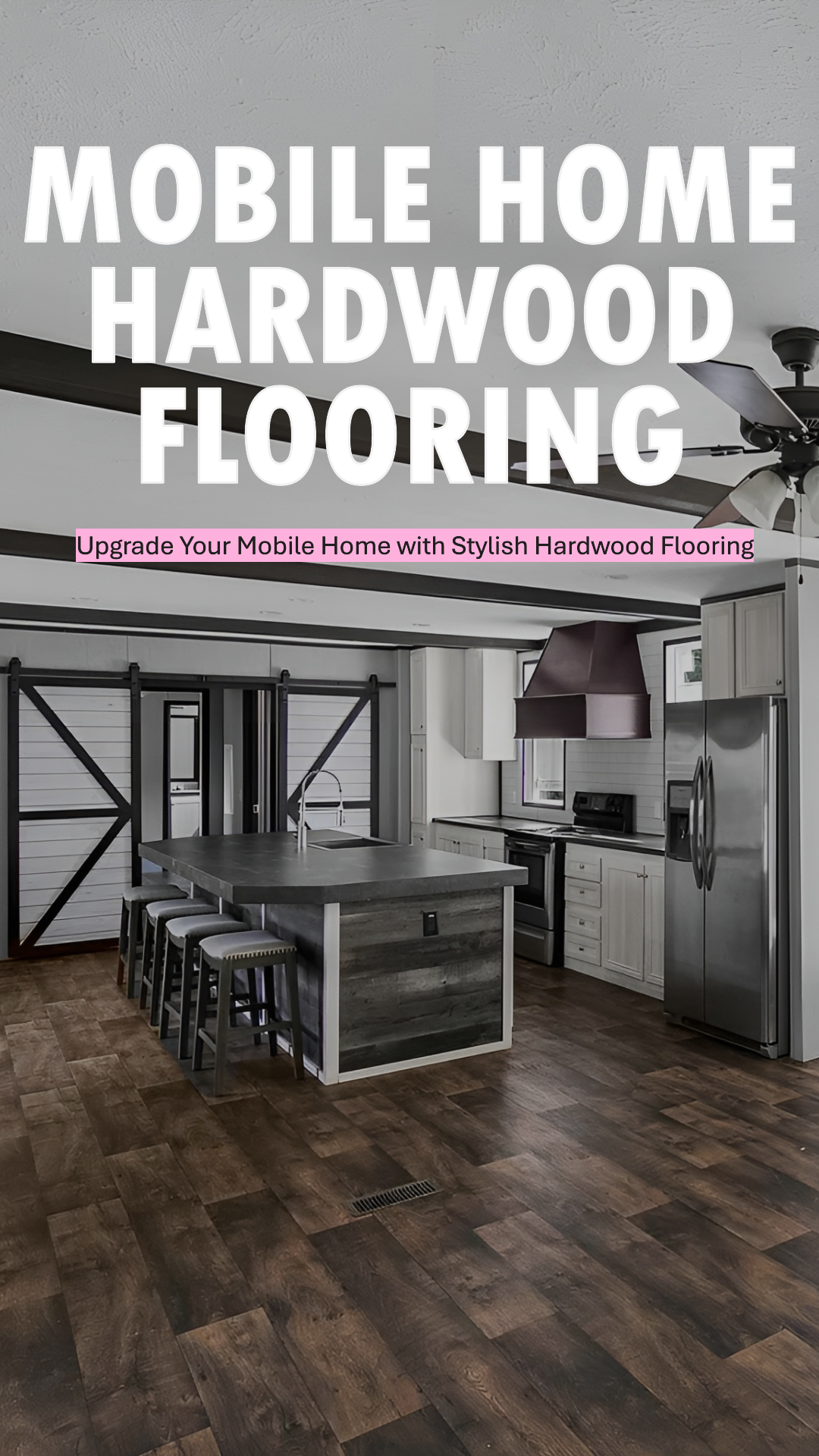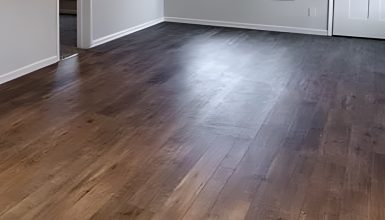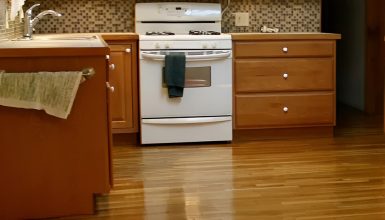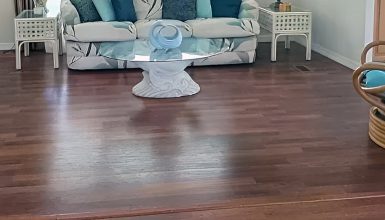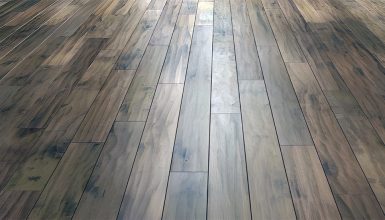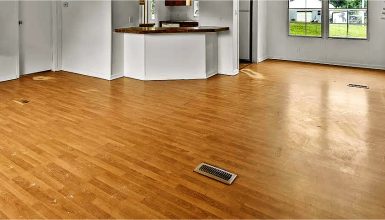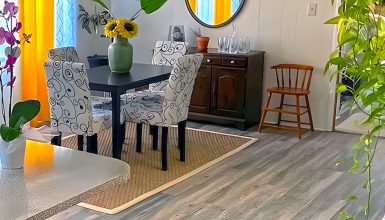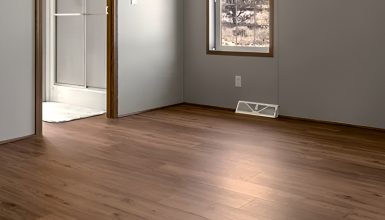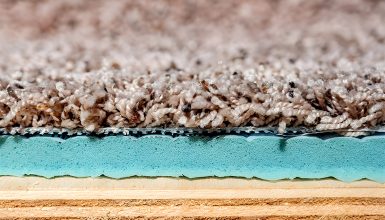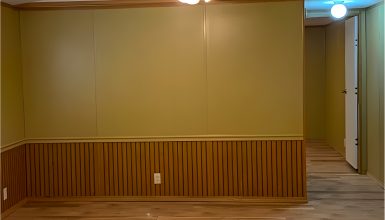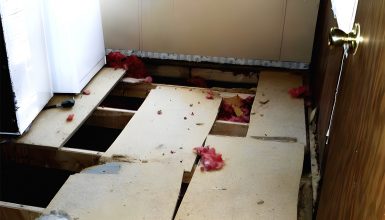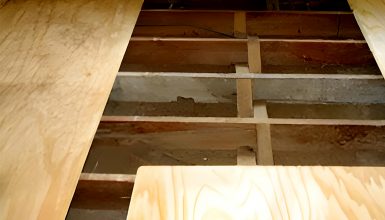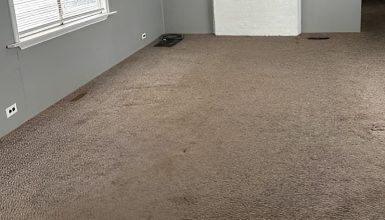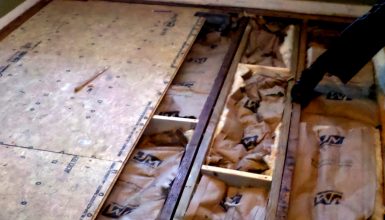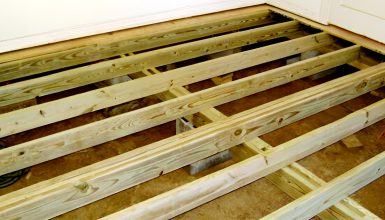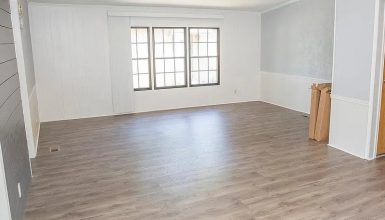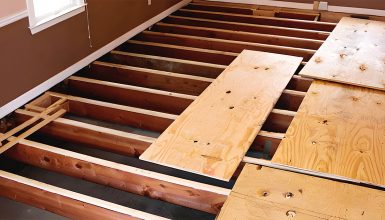When upgrading your mobile home, choosing the right flooring can make a big difference. Hardwood flooring is a great option, offering beauty, durability, and a touch of elegance. If you’re considering installing hardwood in your mobile home, here’s everything you need to know to make the best choice.
Why Choose Hardwood Flooring?
1. Durability
Hardwood floors are built to last. They can handle a lot of foot traffic and last for many years. For a mobile home, this is important, as the floors might experience more wear and tear from moving or settling.
2. Aesthetic Appeal
Hardwood floors bring a warm, welcoming feel to any room. They add natural beauty and make your home look more spacious and inviting.
3. Value Boost
Hardwood floors can increase the value of your mobile home. If you ever plan to sell, potential buyers often see hardwood floors as a sign of quality, making your home more appealing.
Types of Hardwood Flooring for Mobile Homes
Not all hardwood floors are the same. Here are some of the most popular options for mobile homes:
1. Solid Hardwood
This is the classic type of hardwood. It’s durable and looks great, but it can be a bit tricky to install in a mobile home. Solid hardwood can expand and shrink with changes in humidity, which can cause issues in a mobile home. If you choose solid hardwood, make sure your subfloor is stable and dry.
2. Engineered Hardwood
Engineered hardwood is a more flexible choice. It’s made of a thin layer of real wood over a sturdy core, which makes it less likely to warp. This option is ideal for mobile homes because it can handle movement and moisture changes better than solid wood.
3. Bamboo
Bamboo flooring is eco-friendly and durable. It’s harder than most hardwoods, making it a great choice if you want a modern look with a sustainable edge.
Challenges of Installing Hardwood in Mobile Homes
While hardwood is a great option, it comes with a few challenges in mobile homes. Here’s what to keep in mind:
1. Moisture Control
Mobile homes can have moisture problems, especially older ones. If moisture gets under the flooring, it can cause the wood to warp or buckle. To avoid this, ensure the subfloor is dry and consider using a vapor barrier to protect the wood.
2. Subfloor Stability
The subfloor needs to be solid, flat, and secure. If your subfloor is weak or uneven, the hardwood can shift or crack. You may need to reinforce or replace parts of the subfloor before installing hardwood.
3. Settling and Shifting
Mobile homes can settle over time, which can affect the floors. Hardwood is rigid, so any shifting in the home could cause gaps or cracks. Engineered wood or bamboo are more flexible options that can better handle this.
Installing Hardwood Flooring in a Mobile Home
Once you’ve chosen your hardwood, it’s time to install it. Here’s a quick overview of the steps:
1. Prepare the Subfloor
Make sure the subfloor is dry, clean, and level. If there’s any damage, fix it before moving forward. You may need to add a moisture barrier to keep the wood safe.
2. Acclimate the Wood
Before installing, let the hardwood adjust to the temperature and humidity of your home. Leave the wood in the room for at least 48 hours to avoid expansion or contraction after installation.
3. Install the Flooring
You can either nail, glue, or use a click-lock system for installation. For mobile homes, a floating floor system (like click-lock) is often the easiest option and works well with the settling and shifting that may occur over time.
4. Finish and Seal
Once the floor is installed, you’ll need to apply a finish or sealant to protect it. Some hardwood floors come pre-finished, but you may need to add extra protection to the edges and seams.
Caring for Your Hardwood Floors
To keep your floors looking great, follow these easy maintenance tips:
1. Clean Regularly
Sweep or vacuum your floors often to prevent dirt and debris from scratching the surface. Avoid using wet mops, as water can damage the wood. Instead, use a damp cloth for cleaning.
2. Protect the Surface
Place rugs or mats in high-traffic areas to reduce wear. Use furniture pads under chairs and tables to avoid scratches.
3. Control Humidity
Mobile homes are often prone to changes in humidity. To protect your hardwood floors, use a dehumidifier in the summer to reduce moisture and a humidifier in the winter to prevent the air from getting too dry.
Final Thoughts
Hardwood flooring can bring warmth, beauty, and value to your mobile home. While there are some challenges, like moisture control and subfloor stability, the benefits of hardwood far outweigh the downsides. Whether you choose solid wood, engineered wood, or bamboo, you’ll enjoy a long-lasting, stylish floor that can withstand the test of time. With the right preparation and care, your hardwood floors will enhance your mobile home for years to come.

